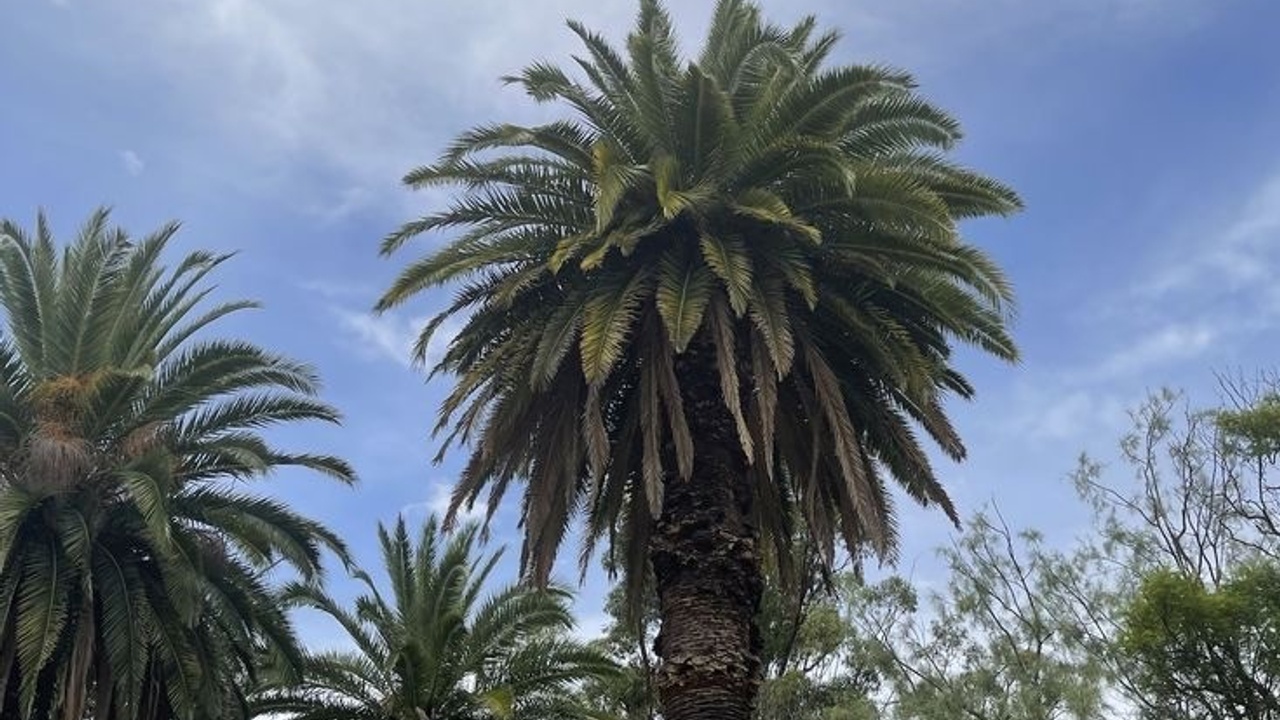The Facade of 'Hope".

TW: Suicidality, depression, anxiety, eating disorders
.
.
.
.
.
.
.
.
.
.
Many families are encouraged to cling to the narrative that there is “hope” for their autistic child.
Normally it’s related to the success, or everyday functioning of the child being closer to neuronormativity than it is to autism.
I’ve sat in meetings where advocating for students and families, and had professionals praise me for what they perceive to be my success, or more often than not, overcoming neurodivergence.
Overcoming autism. Overcoming ADHD. Overcoming PDA.
And yet, I’ve overcome none of those things.
I have worked hard on myself, yes. I’ve been in therapy since the age of 16 after one of many attempts to bring my existence to an end.
I’ve thought, spoken about, written, reflected, cried, raged, pondered, examined, analysed, reshaped and reframed my life experiences.
I’ve been a member of 12 step programs.
I’ve spent time in a psychiatric facility as a younger person.
I’ve lived with cyclic food, eating and body challenges.
I’ve experienced homelessness and teen pregnancy.
I’ve sat in charity offices crying and begging for my bills to be paid so my baby and I could have heating in the winter, food to eat and nappies.
I’ve lived in emergency housing and public housing.
I have a criminal record as the result of my parent calling the police, charging me and taking me to court from damage I did to her home whilst intoxicated and in a meltdown that took a lifetime to reach the surface at the age of 18.
I left school at 15. I left home at 15.
As a young person I was violent, used drugs and alcohol to mask both my neurodivergence and my trauma.
I spent all of my late primary and teen years suspended in suicidality.
I lived with long term chronic depression and anxiety until my 30s.
I worked hard to take a close look at the events in my life I needed to make amends for and took responsibility for those things; and continue to today.
I worked out that I am autistic myself, after becoming a parent of autistic children.
I sought a diagnosis after research and not because any professional had ever mentioned it to me in amongst all of my challenges which were in fact, characteristics of autism.
I sought out professionals who were neuroaffirming to support me, and where they weren’t, I either taught them about the identity and culture of neurodivergence, or I let them go.
In all the years I suffered from not knowing who I am, the years I lived unidentified (undiagnosed), I searched.
I searched for meaning. For purpose. For whatever inherent flaw was limiting me from being ‘normal’.
I went to groups, read self help books, tried different faiths and denominations, changed my diet, changed my thinking, followed different ‘influencers’ in book and youtube form, went to different professionals and talked endlessly about myself as though I was a puzzle to be solved.
I felt alone. Completely alone. Isolated.
Knowing I am autistic has given me life.
It has normalised my life experience, it has normalised me.
Yes, I have overcome.
I have overcome rejection, abandonment, disapproval, self loathing and self hatred.
I have overcome family violence.
I am and will forever be working on integrating the parts of my trauma that are useful and inform who I am today.
I pushed through chronic health challenges - the co occurring conditions associated with unidentified neurodivergence, unsupported neurdivergence and neurodivergence itself.
I worked myself into burnout. Into crisis.
Today I continue to work on undoing the social and cultural conditioning that contributed to passing on my own trauma to my children when I didn’t know better.
I am making amends.
I am not an inspiration, and I am not ‘hope’ for parents of autistic children.
I am a neurodivergent person that is committed to who I am.
I am committed to living a life that nourishes my spirit.
I am present for me today.
I will never abandon myself for acceptance, ever again.
That deep, dark place that is riddled with pressure and misunderstanding and rejection and inadequacy is what ends the lives of people like me; my neurokindred.
Autistic adults are not inspiration. Nor are we hope.
We are survivors.
Sometimes it’s that we’ve survived earlier life as autistic people.
Sometimes it’s that we’re continuing to recover from the lifelong trauma that is generational.
Inside our families are often unheard, unseen and unknown stories of pain; often related to the unrecognised, unsupported neurodivergence in our blood lines.
The trauma of unidentified neurodivergence lives on in our DNA.
I feel a responsibility to call in that pain, that trauma and to meet it.
My children have the right to be free. To be liberated from the trauma of not truly knowing themselves. To not become yet another generation hushed away, talked about in pathologising ways as burdens in support groups, or traumatised by the endless drive for them to overcome their neurodivergence.
This is not about overcoming autism, ADHD, PDA or any other form of neurodivergence.
This is about overcoming the demand for autistic people to be anyone other than who they are and to be liberated to live as who we were born to be.
This is our birthright.
.
.
.
.
KF x
.
.
(Image is a few palm trees standing tall and strong, after being present throughout all weather conditions. These trees are older than I am.)